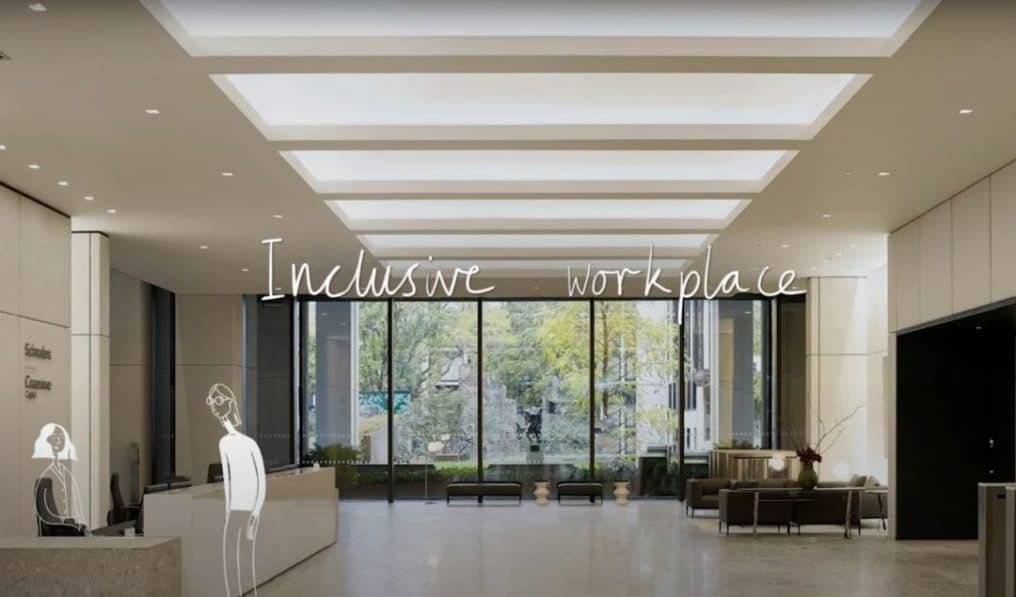Background
Schroders is committed to creating an inclusive workplace where people feel empowered to be themselves, with a sense of belonging and trust. Their vision is for the workforce to represent the diversity of the communities in which they operate globally. Employee resource groups (ERGs) were created in 2016 to better involve colleagues, recognising that their voices were instrumental in achieving a sense of belonging for all employees. The 13 ERGs support a grassroots approach to building an inclusive culture and create space for colleagues to network; raise awareness of challenges that under-represented groups may face and feedback employee voice to drive change.
Approach
An ongoing initiative was created wherein ERG networks partner with senior leaders and HR teams. Each ERG is sponsored by a senior leader and the executive team is an active part of driving change. The Group CEO is the overall sponsor, with an evident passion for creating an inclusive culture. Despite the challenging environment during the pandemic, ERGs continued to make a tangible difference to the inclusion strategy.
Celebrating cultural diversity
ERGs ran events to raise cultural awareness, including celebrating Rosh Hashanah, with the Jewish Society hosting a webinar to learn about its history and traditions. This was accompanied by traditional celebratory food, including challah breads and honey cake, given out in both UK and US offices. The Hindu Network celebrated Diwali through a series of events: in London the network designed a bespoke celebratory lunch, while Singapore colleagues hosted a virtual event with dance performances and music renditions.
Supporting progression for ethnic minorities
Work with Schroders Black Professional Network (SBPN) and multiple faith groups (Hindu Network, Muslim Network and Sikh Network) has found ways to support progression of minorities. An inclusive mentoring programme was launched for employees who identify as an ethnic minority to be mentored by a senior leader, and for those leaders to grow their cultural IQ. The aim is to empower Schroders professionals to challenge barriers so that they can reach their full potential.
Broadening community outreach
Schroders partners with organisations that enable different communities to learn about and find an entry point into the industry they might not have otherwise had, including Investment 2020, Amos Bursary and Social Mobility Foundation. Throughout 2021, SchOUT, the company’s LGBTQ+ ERG, ran workshops on LGBTQ+ terminology, launched a campaign encouraging colleagues to add their gender pronouns to email signatures and social media profiles, and hosted a rainbow wine tasting event to raise awareness of LGBTQ+ homelessness and fundraised over £10,000 for charities.
The importance of intersectionality
Different ERGs often work collaboratively on common issues to raise awareness of intersectionality. For example SchOUT, SBPN, Minds (employee-led network on mental health) and Gender Equality Network (GEN) co-hosted double-Olympic champion boxer, Nicola Adams OBE, at Schroders’ London headquarters. At this hybrid event for global colleagues, she discussed sport, racism, her experience of coming out, mental health and gender equality. During 2021, in support of corporate Inclusion Month activities, ERGs worked with the Learning & Development team to create a new training initiative on allyship. Attended by members of the executive team.
Outcome
Schroders’ approach to inclusion creates feedback loops and drives positive culture change; evident in high retention rates of key talent as well as strong internal pulse survey scores. In 2021, 95% of employees were proud to be associated with Schroders. 88% agreed that people are treated with fairness and respect at Schroders. 84% also agreed that Schroders recognises and values diversity amongst its employees. Such data is shared with the plc Board which takes a proactive approach to understanding how an inclusive workplace is enabled. In 2021, aspirational targets were published in the Workforce Diversity and Gender Pay Gap Report 2021 to drive accountability and measure progress.
Strong, collaborative, decentralised ERGs have created much greater insight for the HR team, and complemented DEI initiatives run centrally. ERGs have continued to grow in size with new chapters being set up all over the globe. Data from pulse surveys is discussed with them for their interpretation of trends and their feedback has enabled the employee experience to be adapted and improved. For example, GEN partnered with HR to implement external benchmarking concerning parental leave. As a result, maternity leave was increased to 24 weeks fully paid. GEN and the Global Head of HR also hosted roundtables for returning mothers, to identify opportunities for support and a new parents’ community has since been set up. The Armed Forces ERG has been running annual insights events since 2018 to help over 200 veterans explore their next career and has taken a leading role in recruiting veterans into internship roles at Schroders. So far, there have been 12 interns and a high percentage have converted to full-time roles.
For more on approaches to create diverse and inclusive cultures, click here

